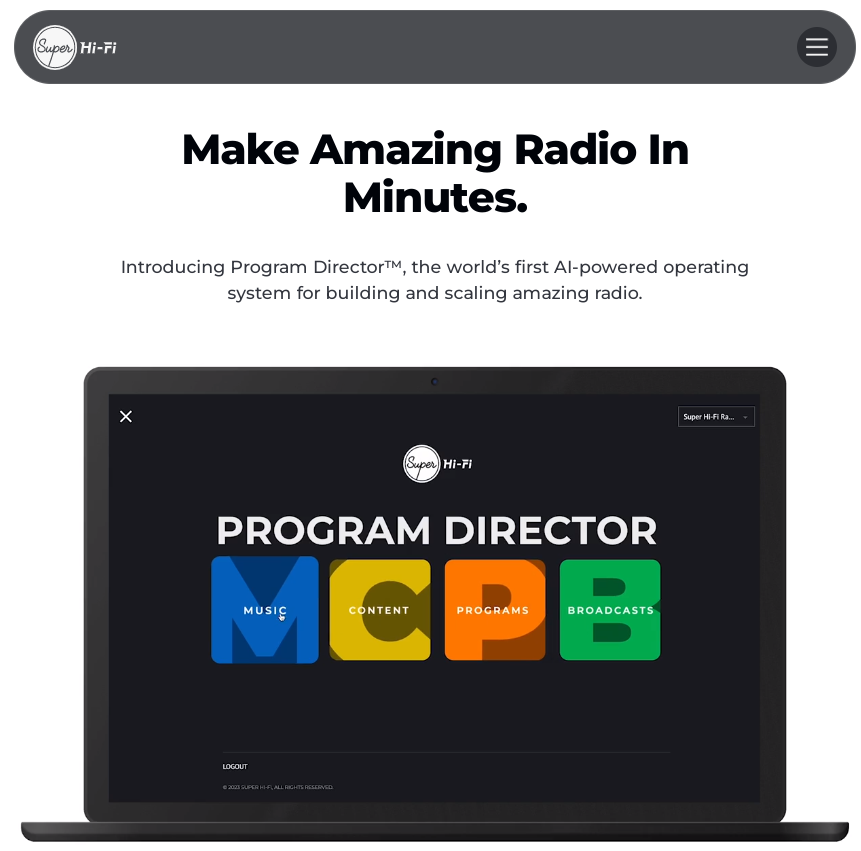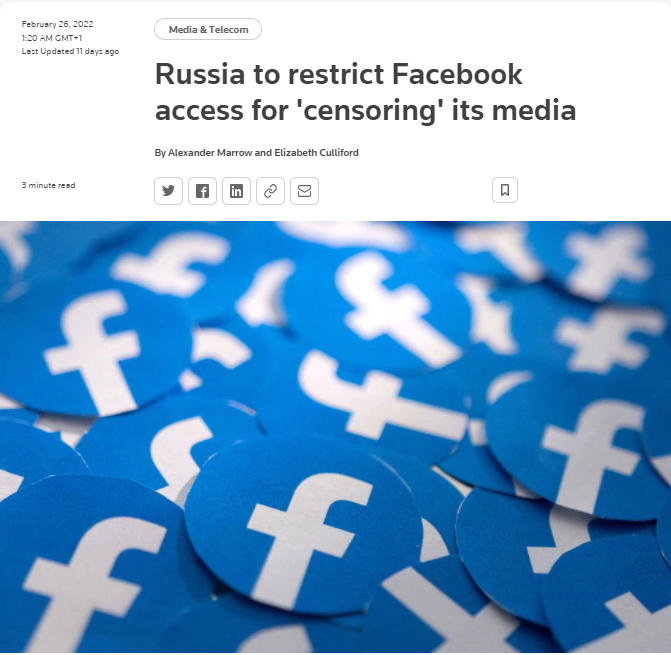Artificial intelligence is the topic of the moment: it will change the world of work and also radio. Two American companies already propose AI-based programmes not only to automate functions, but to create content and free up energy for programming.

Source
In Italy, the m2o network has called it the radio killer, but American Futuri says that with RadioGPTTM it wants to simplify program creation and create local content suitable for any radio format. The U.S.-based company was the first to gain publicity by capitalizing on the chatbot’s notoriety launched in November 2022 (as of March 14, 2023 to version 4). Futuri combines three AI-based software: GPT-3 writes program texts based on stories and trending content that the Topic Pulse software extracts from the web (it scans Facebook, Twitter, Instagram, and 250,000 other sources), and finally has them read by a digital voice. One can choose from a catalog of entertainers, create shows with two or three hosts, or instruct the software to “copy” radio speakers.
Today, two out of three programs are automated

Source
But the platform does more than just create the schedule (which can be customized for any area, leveraging news fished from the Web). It can automate other processes for the station to interact with listeners: such as feeding a blog on the website, creating social media posts, making short videos, and then converting program content into podcasts. Daniel Anstandig, CEO of Futuri, says his company created RadioGPT to save radio because in many stations 70% of broadcasting is already automated. While with the help of artificial intelligence, live and local content can be increased. A demo can be heard at this address. Impressive!
Program Director is more management-oriented

Source
On a different front is American Super Hi-Fi, which offers Program Director to automate scheduling and reinvent the traditional workflow. Based on artificial intelligence, among many things it curates playlists, does intelligent music rotations, creates shows with artificial voices, and visually shows how the time slot is scheduled. It manages music catalogs, tags songs, and can run an unlimited number of stations simultaneously (useful, for example, for broadcasters who offer dozens of thematic web radios on their site to build listener loyalty). Designed for professionals, it has features that can manage stations operating in different time zones, syndication of stations, and the flow of advertisements.
Written by Fabrizio Carnevalini


